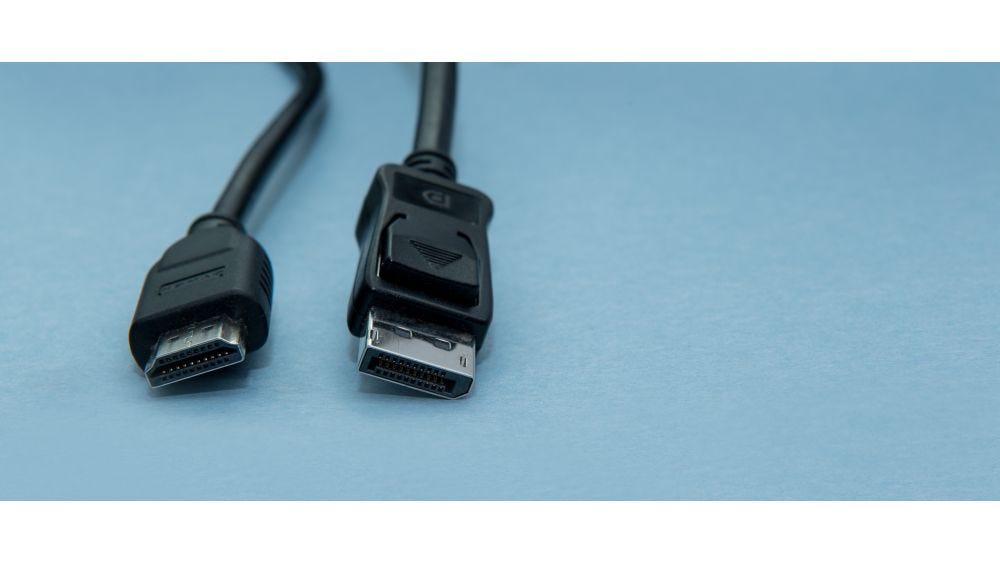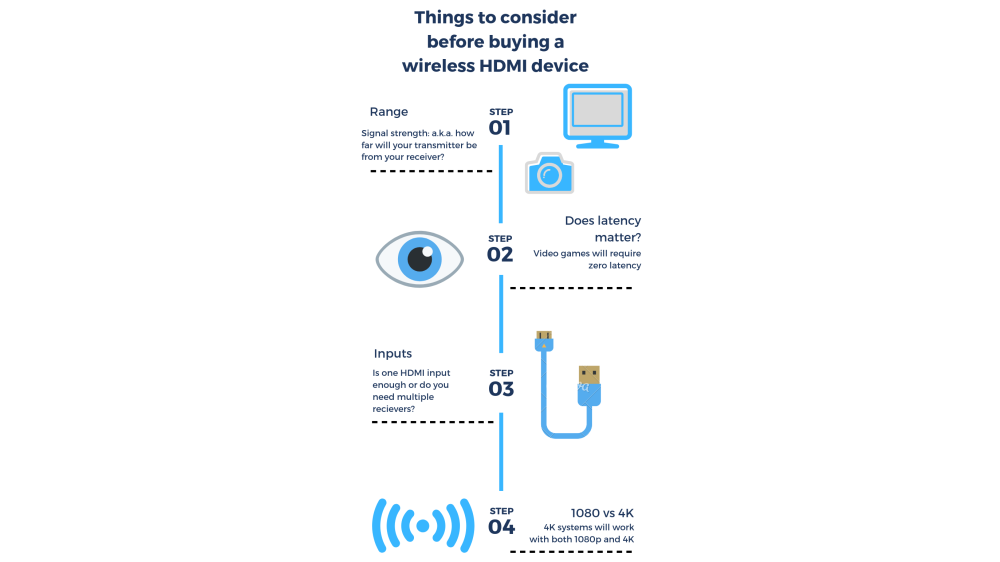Virtual reality, or VR, is steadily becoming a part of home entertainment. With major tech companies investing millions of dollars in VR technology, the concept is no longer just theoretical. Tech giants such as Google, Facebook, Sony, and Microsoft, among others, are competing fiercely to dominate this space. However, pertinent questions still linger. For instance, the allure of a virtual world has raised real concerns about whether people might become dissatisfied with their own real lives. Although VR therapy has been used to ease conditions like ophidiophobia (fear of snakes) and acrophobia (fear of heights), it's still unknown how widespread VR adoption might affect society.
Despite these concerns, advances in VR technology have been remarkable. Oculus Rift, the VR tech company owned by Facebook, announced plans to release a VR headset in 2016. However, the biggest obstacle for many consumers is the cost. The Oculus Rift is priced around $400, but to use it smoothly, you'll need a high-performance PC, bringing the total cost to at least $1500. However, prices are expected to decrease as VR devices become more mainstream and market competition intensifies.
But Facebook is not alone in the VR arena. Microsoft has entered with Hololens, while Valve and HTC have announced their VR systems, SteamVR and HTC Vive. Microsoft's Hololens is designed for household use, with capabilities that include projecting YouTube videos on walls and having them follow you as you move. Doubtlessly, consumers' preferences will shape the market, and new perspectives on VR are already emerging.
As VR is still a new concept, many users are eager to explore its possibilities. Older VR gaming experiences are unlikely to meet the current hype. An example of recent innovation is “The Forest”, a VR experience that has intrigued many users. While some have reported feelings of nausea after using VR headsets, this is to be expected, as it takes time for users to adjust. Similar issues occurred when first-person shooter (FPS) video games were introduced.
Obviously, tech companies are taking these concerns seriously. However, addressing these challenges has led to further questions about how VR games and experiences should be developed. Developers are being advised to prioritize VR-specific designs before adapting content for other platforms. Despite these hurdles, VR technology holds immense potential and could even become a primary platform for home entertainment, potentially overshadowing traditional PCs, video game consoles, and Blu-Ray players.





